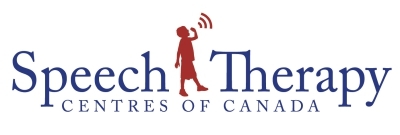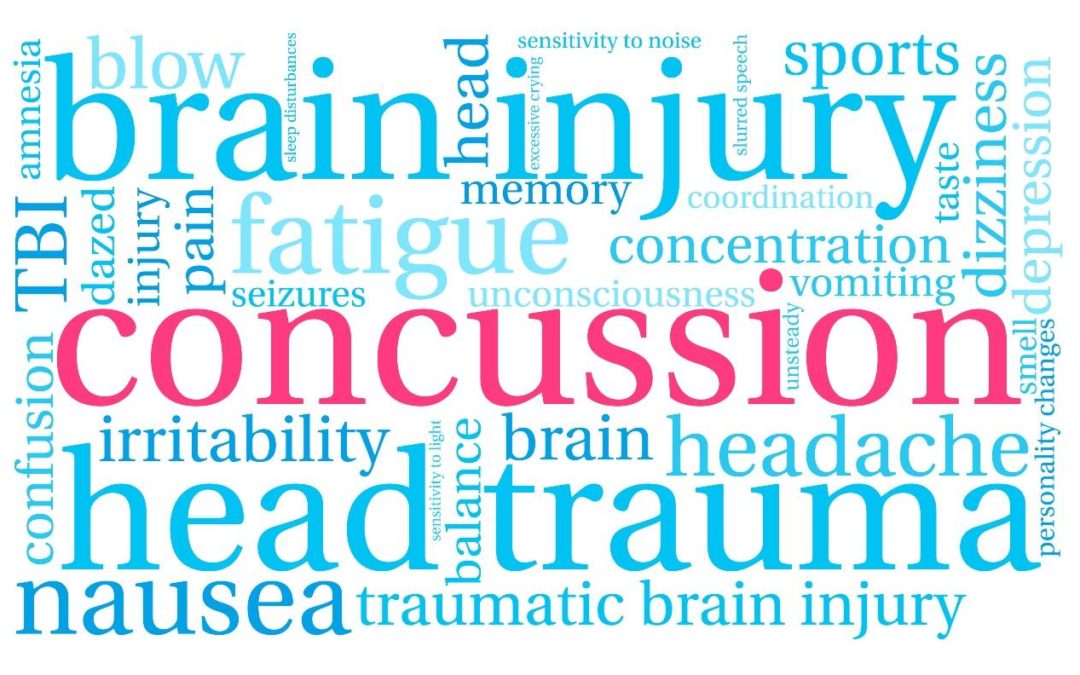The Centre for Disease Control (2017) definition states that concussion is a type of acquired brain injury caused by a bump, blow, or jolt to the head or by a hit to the body causing the head and brain to move rapidly back and forth.
Symptoms of concussion fall into four categories:
- Thinking/remembering
- Physical symptoms
- Emotional/mood issues
- Sleep disturbances.
The S-LP is the professional to assess and provide therapy for the thinking/remembering (cognitive communication) category.
The following cognitive communication difficulties may be observed by a speech-language pathologist (S-LP) following a concussion:
- Getting confused about instructions
- Thinking/processing speed may be slower
- Word-finding problems
- Idea generational issues
- Problem-solving communication
- Memory and retrieval issues
- Problem learning new information
- Longer time to complete homework
- Difficulty thinking clearly
The majority (70%) of concussions resolve in a 4-week period, although the recovery time frame may be longer in children and adolescents.
When assessing such cognitive-communication issues, the S-LP not only conducts formal testing but also considers how the person is functioning in the “real world”.
For example, can he/she remember all the information given to him in the workplace, home and/or at school? Can they recall verbal information (i.e. heard in conversation or on the tv)?
Current research indicates that a return to ‘real-life”, in a supported manner, is the treatment of choice following a concussion. Depending on medical doctors’ recommendations, cognitive and physical rest is typically recommended for 24-48 hrs. Evidence for prolonged rest is mixed. However, finding balance and building tolerance is important with the right supports in place.
In adolescents, return to school is extremely important. S-LPs are aware that a concussion can affect the learning process and can provide direct assessment and treatment and teach and implement strategies in the school and at home. Education for the patient, family, teachers and peers can be very valuable.
Some examples of strategies are:
- Excused absences from class (during rest periods)
- Shortened days
- SLP to provide information on acceptable time to complete the task
- Memory strategies e.g. smart Phones
- Strategies for notetaking
- Written and verbal direction for assignment tasks
- Dividing tasks into steps
While many strategies and tips may seem obvious, the S-LP is skilled in picking up the very subtle, difficult-to-detect symptoms. Treating these symptoms as soon as possible is extremely important for the patient to get back as soon as possible to participate in life as he/she did before.
For more detailed information on Concussion Guidelines, please visit www.concussionontario.org
¹ Centre of Disease Control and Prevention www.cdc.gov ² The College of Audiologists and Speech-Language Pathologists (CASLPO) states that: ‘Cognitive Communication Disorders’ is a term used to describe a set of communication features that result from underlying deficits in cognition. Communication difficulties can include issues with hearing, listening, understanding, speaking, reading, writing, conversational interaction and social communication. These disorders may occur as a result of underlying deficits with cognition, that is: attention, orientation, memory, organization, information processing, reasoning, problem solving, executive functions, or self-regulation (ASHA 2005; Ylvisaker & Johnson Greene, 2004; Turkstra et al., 2002; Kennedy et al., 2008). Acquired Cognitive Communication Disorders are distinct from other neurological communication disorders, for example aphasia as a result of stroke (ASHA, 2005; MacDonald & Wiseman-Hakes, 2010). WWW.CASLPO.com Practise Standards and Guidelines for Acquired Cognitive- Communication Disorders.2015
³ Hamilton Health Sciences Annual Conference, May 2-4, 2017. The Evolving Landscape of Brain Injury Rehabilitation. Diagnosing and Treating Physical Symptoms following Concussion. Dr Shawn Marshall

